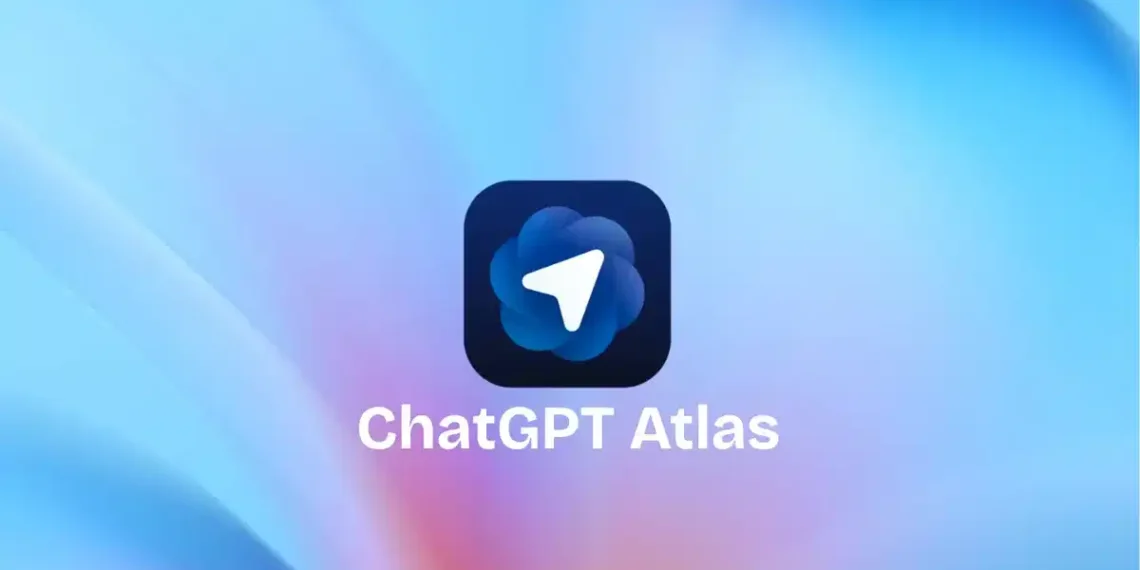OpenAI has unveiled Atlas, an artificial intelligence-powered web browser designed around ChatGPT, directly positioning itself against Google Chrome and Microsoft Edge in the global browser market.
OpenAI’s Chief Executive, Sam Altman, announced the launch on Tuesday during a live-streamed event, calling Atlas “an AI-powered web browser built around ChatGPT.” The announcement marks OpenAI’s most aggressive step yet toward merging conversational AI with everyday internet use.
According to Altman, Atlas introduces an innovative “agent mode” that allows ChatGPT to conduct web searches, click through sites, and retrieve results on behalf of the user. “It’s got all your stuff and is clicking around,” Altman explained. “You can watch it or not, but it’s using the internet for you.”
The browser will debut first on Apple computers, with plans to extend support to Windows and mobile devices soon. However, the advanced agent mode will be exclusive to ChatGPT Plus and Pro subscribers at launch. “We want to bring this to Windows and mobile as quickly as possible,” Altman said, noting that Atlas remains in its early development phase.
Atlas combines traditional browsing with AI automation, allowing users to interact naturally with webpages while ChatGPT handles complex search queries in the background. Early demonstrations showed Atlas completing research tasks, summarizing articles, and performing automated clicks, features that set it apart from conventional browsers.
Read also:
- Elon Musk takes a swipe at OpenAI over $500 Billion Stargate Project
- OpenAI Unveils Operator: Game-changing AI Agent set to revolutionize automation
- OpenAI set to revolutionize AI with launch of ‘o3 Mini’ reasoning model
The timing of Atlas’s launch is also notable. It follows a major U.S. antitrust ruling that spared Google from having to sell its Chrome browser but required the company to share certain data with competitors and loosen exclusivity deals. Legal experts believe those restrictions could open the door for AI-driven competitors like OpenAI to gain ground.
Judge Amit Mehta, who presided over the case, acknowledged that the landscape of online search has shifted dramatically since the U.S. Justice Department and 11 states first filed their suit in 2020. “The arrival of AI in search is changing the competitive field faster than any legal remedy could,” one antitrust analyst said following the ruling.
The debut of Atlas signals OpenAI’s next frontier: blending AI reasoning directly into the fabric of web browsing. If successful, Atlas could redefine how people search, read, and interact with the internet, transforming ChatGPT from a chatbot into a full-fledged digital assistant that explores the web independently.






